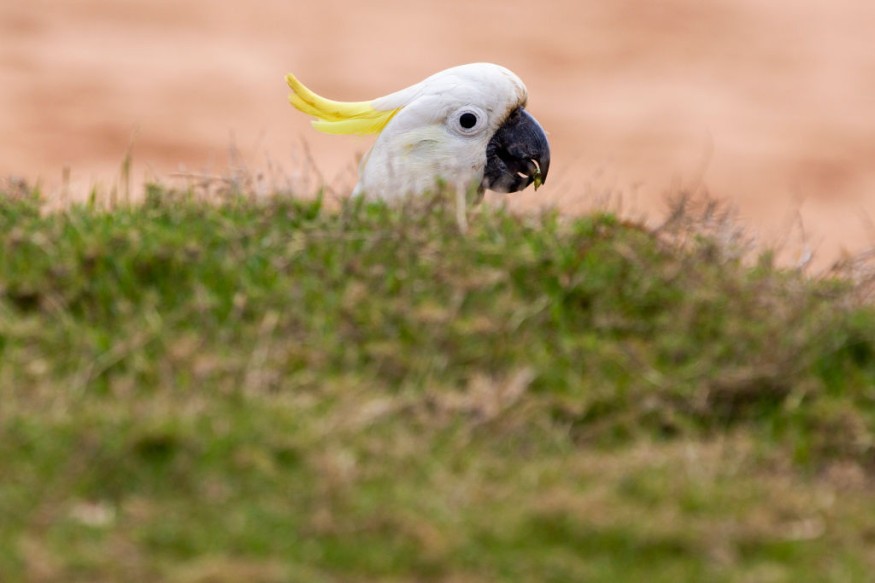Warming temperatures have been a cause of global problems every waking day, from changing weather patterns to disruption in the usual balance of nature. However, a new discovery questions one of the effects of global warming on wildlife evolution - a pro or a con?
Science itself explains that animals are evolving rapidly because of human-induced global warming.
According to experts, several wildlife species exhibited evidence of "shapeshifting" in recent years as direct response to their warming habitats, GMA News Online reported.
Among these species are the Australian parrots which increased four-to-10% bigger bills than their ancestors before the world transitioned to large-scale industry, which risen Earth's average surface temperature every decade. In addition to birds, dark-eyed juncos in North America also evolved bigger bills due to temperature extremes.
Good news or bad news?

For some mammals, shapeshifting had benefited them to evolve at such a faster pace, such as structural changes to the skull and teeth for mice over the past 50 years
Aside from this, scientists shared in Cantech Letter that climate change also caused quick migration of non-native species in new areas to find new territories considered hospitable. Insects too are seeing population changes, such as speeding up the rate of natural selection for mosquitos that lay their eggs inside carnivorous pitcher plants.
Along with these changes, scientists learn from the speed at which evolution has occurred, given the specific conditions.
On the other hand, other studies suggest that climate change is negatively affecting those which cannot keep up fast enough with the rising temperatures, such as Scotland's feral sheep which shrunk due to a "warmer winter", making their thick coats unusable.
This includes polar bears in the Arctic region which are also struggling with adapting quickly to their fast-changing environment, from ice caps melting to ice floes becoming fewer and farther between, which could likely drive their species to extinction.
A quarter of all species face extinction
According to the Intergovernmental Panel on Climate Change, recent estimates indicate that 25% of the world's mammals and 12% of birds are at significant risk of global extinction, with climate change as "only one of a long list of pressures on wildlife".
It is with high confidence that the organization considered these pressures will greatly increase species' vulnerabilities to rarity and extinction. "Other pressures include exploitation of animals, pollution and other biochemical poisonings, extreme climatic events, wildlife diseases, collisions with towers and other structures, anthropogenic barriers to dispersal, and war and other civil conflicts."
After projecting future ranges at which species can move and adapt, researchers reveal that species left behind due to failure in adapting quickly "will be trapped in degrading habitat", and eventually go extinct.
"The present human-caused climate change will not lead to similar extensive mixing and adaptation of populations," says Eeva Furman of the Finnish Environment Institute.
"Partly because movements of most species are greatly hindered in human dominated landscapes, and partly because the present climate warming is extremely rapid in comparison with Pleistocene climate fluctuations."
© 2025 NatureWorldNews.com All rights reserved. Do not reproduce without permission.





